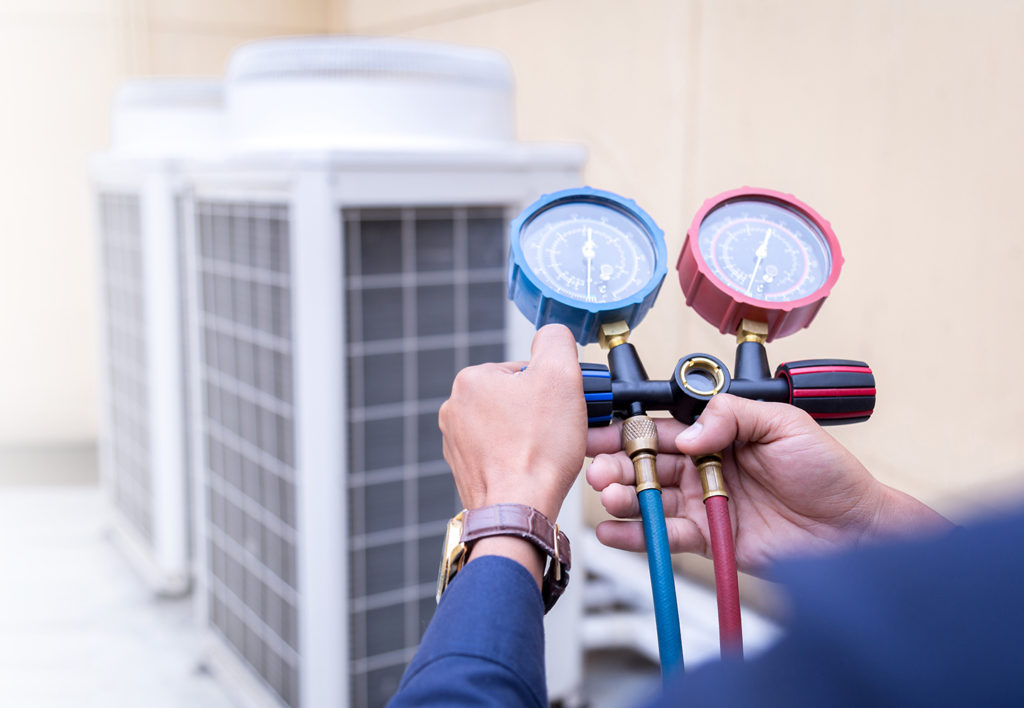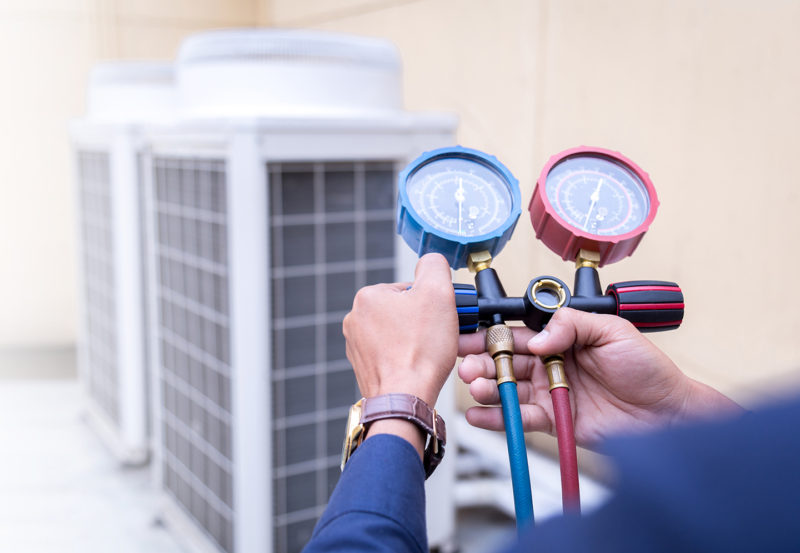How to Check and Improve Your Heater’s Energy Efficiency
As the temperatures drop, our reliance on heaters increases, and so does our energy consumption. However, with the rising energy costs and the growing concern for the environment, it’s essential to ensure that our heating systems are effective and energy-efficient. We will discuss how to check your heater’s energy efficiency and provide actionable tips to improve its performance, reduce energy consumption, and save money on utility bills.
Understand Energy Efficiency
Energy efficiency refers to the ability of a device or system to convert energy into a helpful form while minimizing waste and reducing energy consumption. In the context of heaters, energy efficiency is measured by its ability to convert electrical energy into heat energy while reducing heat loss and energy waste.
Signs Your Heater May Not Be Energy-Efficient
- High Energy Bills: If your energy bills are consistently high, it may be a sign that your heater is not energy-efficient.
- Inconsistent Heating: If your heater cannot maintain a consistent temperature, it may indicate energy waste and inefficiency.
- Noise and Vibration: If your heater is noisy or vibrates excessively, it may indicate inefficient operation.
- Age: If your heater is old, it may not be energy-efficient due to outdated technology and design.
How to Identify Energy-Efficient Heaters
- Look for the ENERGY STAR Label: The ENERGY STAR label is a certification program run by the U.S. Environmental Protection Agency (EPA) that recognizes energy-efficient products, including heaters.
- Check the AFUE Rating: AFUE (Annual Fuel Utilization Efficiency) is a rating system that measures a furnace’s efficiency. Look for a rating of 90% or higher for a high-efficiency furnace.
- Check the SEER Rating: SEER (Seasonal Energy Efficiency Ratio) is a rating system that measures an air conditioner’s efficiency. Look for a rating of 14 or higher for a high-efficiency air conditioner.
- Check the Insulation and Sealing: Proper insulation and sealing of your home can help reduce heat loss and energy consumption.

Tips to Improve Your Heater’s Efficiency
- Regular Maintenance: Regular maintenance is essential to ensure your heater operates efficiently—schedule annual tune-ups with a professional to clean and inspect your heater.
- Filter Replacement: Replace your air filters regularly to ensure proper airflow and reduce energy consumption.
- Thermostat Adjustment: Adjust your thermostat to a lower temperature during the winter and a higher temperature during the summer to reduce energy consumption.
- Insulation and Sealing: Proper insulation and sealing of your home can help reduce heat loss and energy consumption.
- Upgrade to a Smart Thermostat: Smart thermostats can learn your schedule and preferences to optimize heating and cooling usage.
- Consider a Programmable Thermostat: Programmable thermostats allow you to schedule your heating and cooling usage to reduce energy consumption.
- Use a Humidifier: Dry air can reduce your heater’s efficiency. A humidifier can help maintain a comfortable humidity level and reduce energy consumption.
- Consider a Heat Pump: Heat pumps are highly efficient and can provide heating and cooling.
In conclusion, identifying and improving your heater’s energy efficiency is crucial to reducing energy consumption, saving money on utility bills, and maintaining a comfortable home. By understanding energy efficiency, recognizing signs of inefficiency, and implementing the tips in this article, you can optimize your heater’s performance and enjoy a warmer and more comfortable home while reducing your environmental impact.
Additional Resources:
- ENERGY STAR: www.energystar.gov
- U.S. Environmental Protection Agency: www.epa.gov
- American Society of Heating, Refrigerating and Air-Conditioning Engineers (ASHRAE): www.ashrae.org


